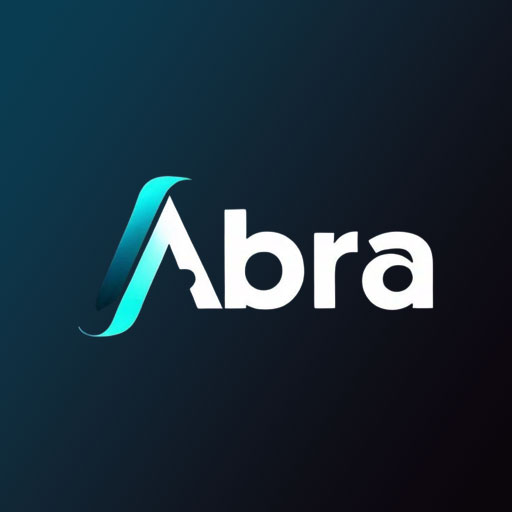Meta Connect 2025: Hypernova Smart Glasses, AI & Metaverse Deep Dive
What to expect at Meta Connect 2025: ‘Hypernova’ smart glasses, AI and the metaverse
Meta Connect, Meta’s eagerly anticipated annual event, is almost here! This year, the focus is squarely on the future of AR, VR, AI, and the metaverse, with smart glasses and AI poised to take center stage.
The format for Connect 2025 sees a slight shift. Mark Zuckerberg will deliver the opening keynote in the evening on Wednesday, September 17th, at 5 PM PT. The following morning, September 18th, will feature a developer keynote starting at 10 AM, followed by a series of insightful talks and sessions.
While the reasons for the schedule change aren’t entirely clear, it promises to be an action-packed Connect. We’re anticipating the reveal of two new smart glasses models, including Meta’s first-ever pair with an integrated display. Expect significant updates to Meta AI and advancements within the metaverse. Let’s dive into what you should be looking out for!
New and updated smart glasses
This year’s Connect is set to unveil Meta’s highly anticipated next-generation smart glasses, internally dubbed “Hypernova.” This marks a significant milestone as they will be Meta’s first consumer-ready glasses to feature a display. Thanks to a year of leaks, we already have a good idea of what to expect.
Don’t expect a full-blown augmented reality experience like the futuristic Orion prototype. Instead, the small, integrated display on one side will offer practical features like notifications and photo previews. A dedicated wristband, reminiscent of the Orion demo, will accompany the glasses, enabling gesture-based control.
These glasses, potentially named “Celeste,” are slated for release later this year with an estimated price tag of around $800. Rumors suggest a potential partnership with Prada, aligning with Meta’s ongoing collaboration with EssilorLuxottica. This higher price point, significantly above the $300 range of existing Ray-Ban Meta glasses, indicates a premium product aimed at a niche market. Analyst Ming-Chi Kuo predicts a limited market share for Hypernova.
Beyond Hypernova, we might also see an updated version of the display-less Ray-Ban Meta smart glasses. Leaked renders point to two variants – sunglasses and clear frames – boasting improved cameras, extended battery life, and enhanced AI capabilities.
Another exciting possibility is the expansion of third-party integrations for Meta’s smart glasses. Hints from the Connect developer schedule suggest Meta is preparing to open its smart glasses platform to developers. Currently, Ray-Ban Meta and Oakley glasses largely operate within Meta’s ecosystem, with a few exceptions. Granting wider developer access could unlock a wealth of new functionalities for the entire smart glasses lineup.
Meta AI
Unsurprisingly, AI will be a dominant theme at Connect 2025. With Meta AI boasting a staggering billion monthly users (a figure Mark Zuckerberg is sure to highlight), we can expect a slew of new features for Meta AI across both their smart glasses and integrated apps. Business Insider reports that Meta is developing new “character-driven” bots catering to non-English speakers for its platforms. It’s worth noting that Meta’s character-focused chatbots have recently faced criticism, leading the company to restrict teen access to certain user-generated characters due to safety concerns.
Beyond the chatbot realm, many are eager for Zuckerberg to elaborate on his ambitious vision for “superintelligence.” His initial manifesto on this topic, as observed in July, was met with some confusion. Since then, the CEO has realigned Meta’s AI teams around this concept and embarked on a significant and costly recruitment drive to attract top executives and researchers.
Connect could also serve as a platform for Zuckerberg to manage expectations regarding Meta’s Llama models. Reports indicate that the larger Llama 4 model has been delayed, with engineers reportedly facing challenges in its development. Furthermore, there are hints that Meta might be reconsidering its commitment to open-source AI.
What about the metaverse?
Although AI has largely dominated headlines over the metaverse recently, Connect wouldn’t be complete without some significant VR news. Meta CTO Andrew Bosworth recently hinted at “metaverse software” updates for Horizon Worlds via an Instagram post. We’ve already seen a developer preview of AI-powered NPCs coming to the metaverse, and we anticipate further details on how generative AI will sculpt the future of virtual worlds.
While new Quest headsets aren’t expected this year, we might get updates on the third-party VR headsets that will utilize Meta’s VR software. Last year, Meta announced partnerships with ASUS, Lenovo, and Xbox to develop devices running Meta Horizon OS. Information on these has been scarce, but a leak earlier this year suggested ASUS would be the first to launch, potentially featuring advanced face and eye tracking.
Another fascinating prospect is an update on Meta’s holographic Codec avatars, which were first teased last year. Although current Quest headsets lack the necessary sensors for full support, UploadVR speculates that Meta could demonstrate a simplified version of these avatars. This could potentially run on the Quest 3 or even be integrated into video calls on platforms like WhatsApp and Messenger, offering a taste of this futuristic communication.



